1. Tell us about your musical and teaching background.
In middle school and high school, I was total band and choir nerd. I also performed in school and community musical theatre productions, took lessons, and participated in district and state competitions. I went to college at Oklahoma City University and studied Vocal Music Education. At OCU, I performed in band, operas, and musicals while learning classroom teaching and vocal methods for children, youth, and adults. I then moved to Baltimore, MD to study Voice Performance and Pedagogy at the Peabody Conservatory of Johns Hopkins University. There I continued to perform in operas while learning the pedagogy of teaching private lessons. I began teaching voice lessons to instrumentalists at Peabody and taught private lessons in Washington, D.C. After graduation, I moved to Dallas, TX where I began my performance and teaching career in earnest. I performed operas, major choral works, musicals, and concerts with companies all over North Texas and maintained a private voice studio. In all three states, I also directed adult, youth, and children’s choirs in Methodist, Lutheran, and Presbyterian churches. I am pleased with the balance I have struck between performing a wide variety of works around the country while teaching privately, chorally, and in classrooms in a number of settings.
2. How old were you when you started taking music lessons and which instrument did you start with?
I’ve been singing since I was a toddler and started playing trumpet in fifth grade. My first private lessons were in piano when I was eight years old. I began private trumpet and voice lessons in my freshman year of high school.
3. When did you start taking music seriously and what inspired you to become a musician and music teacher?
I have always taken music seriously, but first I realized how important it was to my identity in middle school when the administration took away the students’ option to be a part of both choir and band in the same school year. I petitioned the principal to allow me to take both courses in lieu of another subject and she allowed it. When I began taking private lessons, I realized that music was the path for me. I honestly couldn’t envision myself doing anything else for a career, so I explored what a career in music entailed. I came to understand that teaching and performing go hand in hand and I now know that teaching makes me a better performer and vice versa.
4. What do you hope to achieve in teaching students?
Music is my passion and it is my goal to pass that onto my students. Leading a student to their full potential as a musician is the best way to instill that passion in them and to ensure that they don’t lose it, regardless of whether music is an integral part of their career or not. By focusing on the fundamentals of music, music literacy, technique, and musicianship, my students develop self confidence and the ability to fully express what they wish to communicate through music.
5. What do you love most about teaching?
I live for those “Eureka!” moments in teaching. Learning to sing or play an instrument takes time and certain concepts often need to be repeated quite a bit in a variety of ways. That moment where a concept clicks and a student suddenly realizes the incredible sounds or musical nuances they can make is amazing.
6. Do you have a practice tip you want to share with our students?
I’ve found that the best deterrent for nerves when I have a performance coming up is to be super prepared. This involves starting to learn my music well ahead of time and spending time on it every single day, even if it’s only fifteen minutes on some days. As a singer, I often have to memorize full operas, including dozens of lines of dialogue or recitative. So engaging in smart practice methods and fully focusing on my music for a period everyday results in me being über prepared by the time a first rehearsal or performance arrives. Most of my students are incredibly busy with school, extracurricular activities, and work. But my “practice tip” is to make time every single day, even if you don’t think it’s long enough, to focus on your art and your music. Whether that’s silent studying or full on practicing, it will make all the difference when it comes to time to perform.
7. What do you enjoy doing when you’re not teaching, practicing, or performing?
I love to cook, so I spend a lot of free time discovering new recipes or experimenting with old favorites. I also always have a good book on hand to settle into and a few Netflix shows for those evenings when I just want to chill. I just moved to California, so I'm already starting to explore all the new sights to see including beaches, hiking trails, and cute communities all around the Bay Area.


